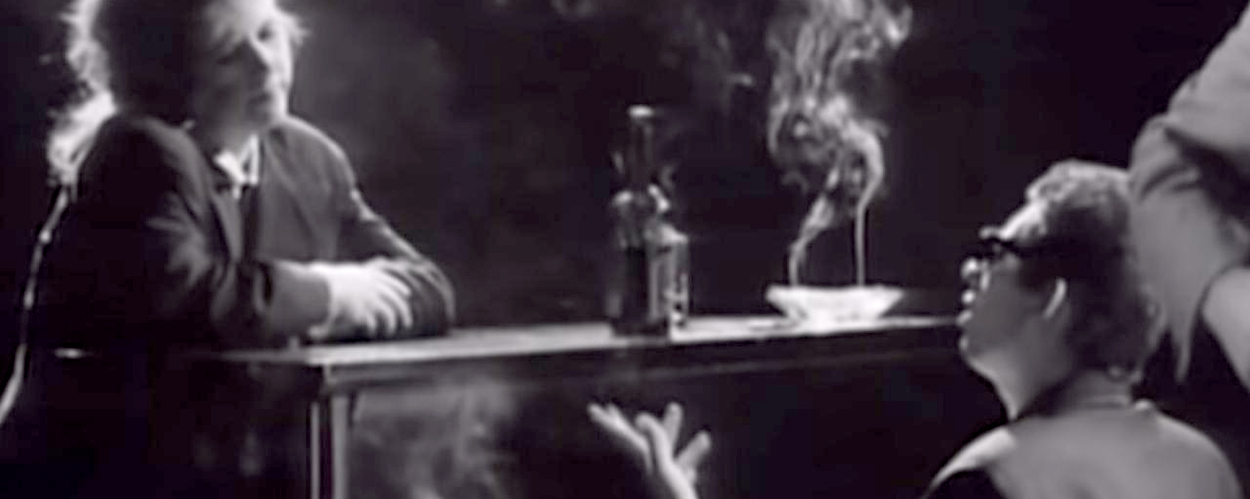This website uses cookies so that we can provide you with the best user experience possible. Cookie information is stored in your browser and performs functions such as recognising you when you return to our website and helping our team to understand which sections of the website you find most interesting and useful.
And Finally Artist News
Shane MacGowan responds to Fairytale Of New York controversy
By Andy Malt | Published on Monday 10 December 2018

Shane MacGowan has waded into the annual debate about whether or not the word “faggot” should be censored when his Christmas song ‘Fairytale Of New York’ is played. He says that it shouldn’t but he doesn’t mind if it is.
The original version of The Pogues’ song ‘Fairytale Of New York’ is the undisputed greatest Christmas song of all time, as no one ever will deny. But the homophobic slur in its lyrics is problematic, with criticism of both the song itself and radio stations that play it uncensored increasing each year.
When the song is covered, the word is generally changed. For example, in the Ronan Keating and Moya Brennan version the line goes “You’re cheap and you’re haggard”. But that didn’t fix anything because – while the original MacGowan and Kirsty MacColl version is a work of brillance – Keating’s effort is almost certainly the worst thing ever recorded in the history of recorded music. So we need to keep playing the original.
MacGowan issued a statement after two DJs on Irish radio station RTE chose to censor the word, in spite of the station’s policy to play it without any cuts. The musician said that he had chosen the word specifically to make the character in the song less sympathetic, feeling that it was the sort of word she would use, rather than one he endorses.
“The word was used by the character because it fitted with the way she would speak and with her character”, he said. “She is not supposed to be a nice person, or even a wholesome person. She is a woman of a certain generation at a certain time in history and she is down on her luck and desperate”.
“Her dialogue is as accurate as I could make it but she is not intended to offend”, he went on. “She is just supposed to be an authentic character and not all characters in songs and stories are angels or even decent and respectable. Sometimes characters in songs and stories have to be evil or nasty in order to tell the story effectively”.
However, he added: “If people don’t understand that I was trying to accurately portray the character as authentically as possible then I am absolutely fine with them bleeping the word, but I don’t want to get into an argument”.
Although the song is seemingly set in the 1940s, where someone might have used such a word much more casually, the lyric was also considered less controversial by the general public when MacGowan wrote the song in the mid-80s. Whether he’d chose the same word now is debatable, but perhaps the language is of its time in more way than one. Although that isn’t going to make this staple of the festive season any less controversial.





